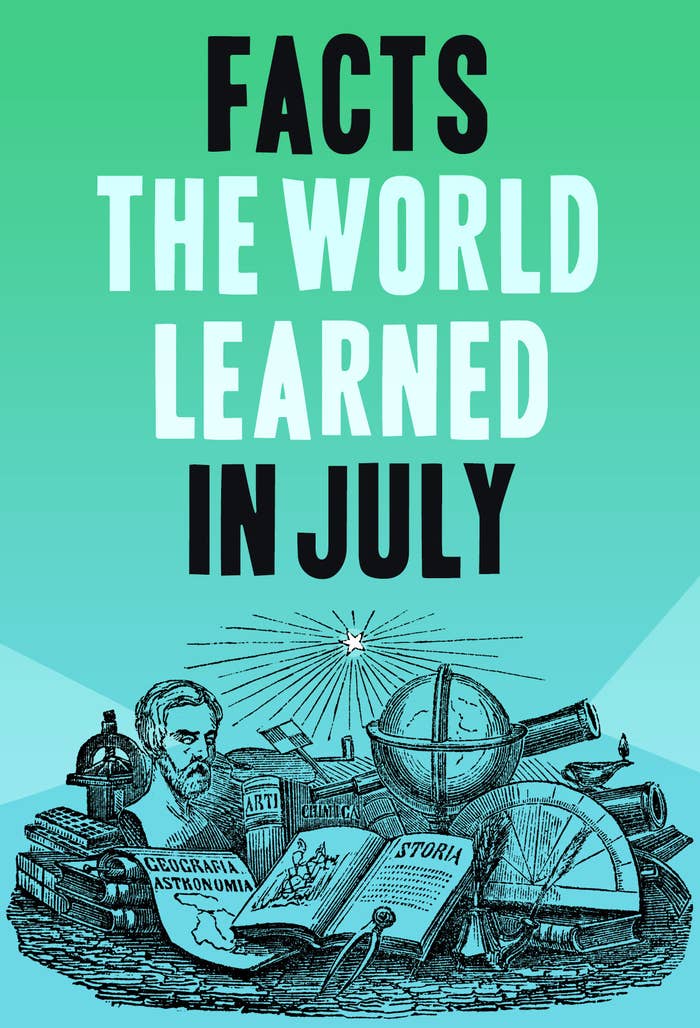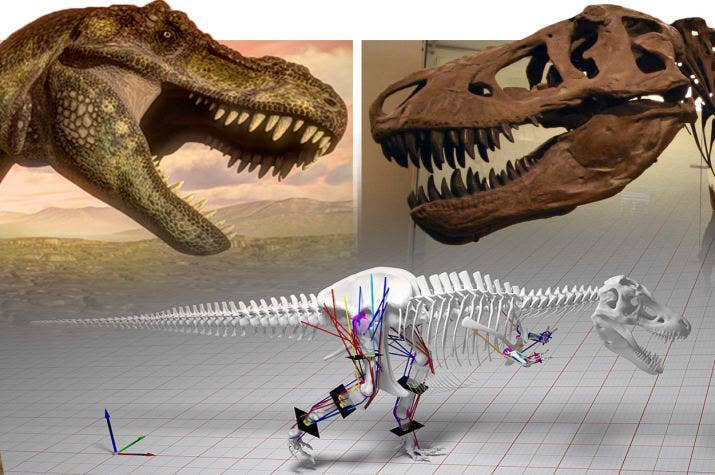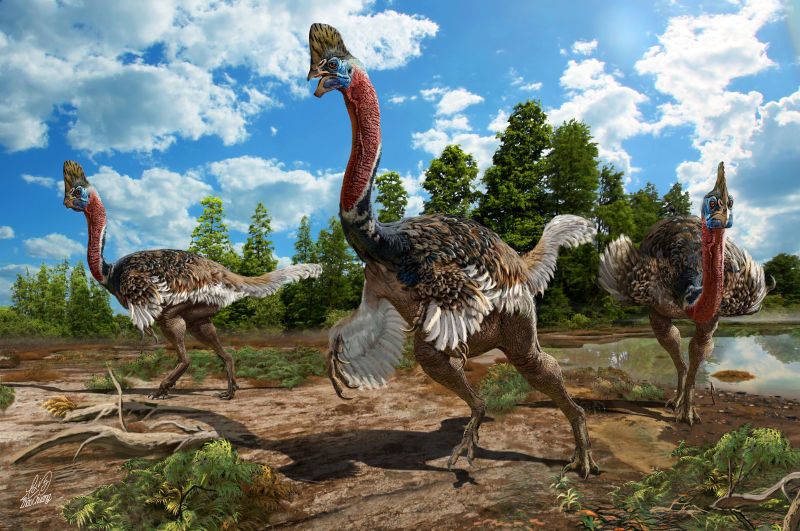
1. Humans have made over 8,300 million tonnes of plastic since the 1950s – and thrown most of it out.
2. Sperm counts in Western men seem to have decreased about 50% in the last 40 years.
3. A huge chunk of the Larsen C ice shelf has finally broken off western Antarctica. Scientists first noticed a crack in the ice shelf in 2011.
4. Tyrannosaurus rex couldn't actually run. According to a new computer model, if it had tried sprinting its legs would have broken.

5. Astronomers might have found a moon outside of our solar system.
6. Rogue planets that don't orbit any star might be less common than we previously thought. A new analysis estimates there might be one Jupiter-sized rogue planet for every four Sun-sized stars in our galaxy, but two Earth-sized ones for every star.
7. There's a less than 1 in 10 million chance, per billion years, that life on Earth would be completely wiped out by an astrophysical event like an asteroid or nearby supernova.
8. In June last year, light from a gamma-ray burst – basically an incredibly violent explosion – 9 billion light years away reached Earth, and astronomers caught it on camera.
9. Half of the stuff that makes up the Milky Way might have originally come from other galaxies, according to a new computer simulation.
10. It's not just you – even people trained in neuroscience believe some brain myths.
11. We adjust the pitch of our voice depending on who we're talking to.
12. Drinking alcohol before a speech might calm your nerves, but it'll probably also make you a worse speaker.
13. Despite the hype over cyberbullying, children are still far more likely to be bullied IRL than online.
14. Ravens can plan ahead and exert self control.
15. Humpback whales appear to learn new songs "verse by verse", and mix old and new together during the transition.
16. There's vinyl cyanide, a molecule that could help make cell membranes, on Saturn's moon, Titan.
17. A newly discovered dinosaur, Corythoraptor jacobsi, had a crest on its skull. The feature is similar to one on the cassowary, a modern-day flightless bird.

18. Scientists made an adhesive inspired by slug slime that can glue pig hearts back together again, and could help mend wounds.
19. People have been getting poisoned by lead for at least 2,000 years according to a new study of glacier ice in the Swiss Alps.
20. Scientists genetically engineered truly blue chrysanthemums, something that hasn't been possible through traditional breeding.
21. It's possible to store images and video in the DNA of bacteria using a system called CRISPR.
